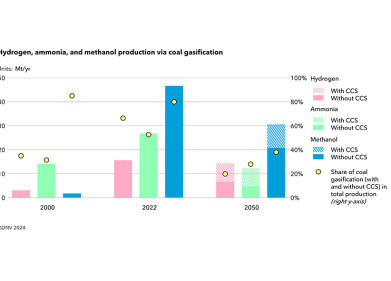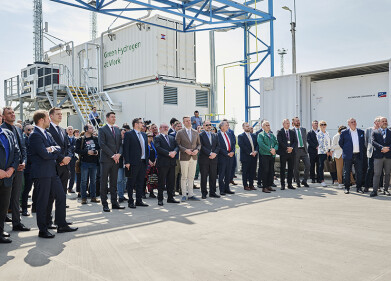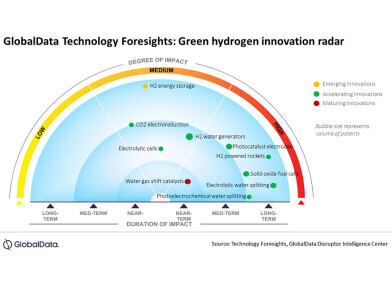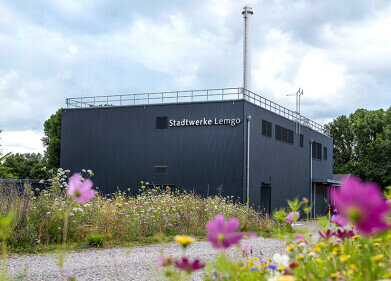Green Energy
What Are the Advantages and Disadvantages of Importing Solar Energy?
Nov 30 2014
The policymaker’s summary of the Intergovernmental Panel on Climate Change (IPCC) Fifth Assessment Report in 2013 made grim reading for those concerned about anthropogenic climate change. Changes due to the warming of the climate system over the last 60 years are unprecedented, and MPs have accepted the findings. To try and combat these changes the UK has pledged to reduce carbon emissions and increase the use of renewals and increase the use of nuclear power too.
Solar power is utilised in the UK, and the popularity of solar farms is increasing. However, does it all have to be home-grown? Can we import solar energy from sun-rich countries? And what are the consequences of the idea? Let’s take a look…
Importing Power
One of the ideas to help reduce the carbon emissions in Europe is to import solar power from North Africa. There have been several proposals in recent years to use the long sunshine hours in North Africa to generate solar power for European use. Solar energy plants will be concentrated along the North African coast will the goal of generating electricity that can then be fed by an undersea cable through the Mediterranean Sea to join the European electricity network.
One of the advantages in using concentrated solar power (CSP) rather than photovoltaic technology, is that there is a possibility to store CSP temporarily - something that doesn’t currently exist with photovoltaic technology. CSP plants would generate and store heat that could be used to generate electricity using steam turbines.
A proposed project known as Desertec would reportedly produce 100 GW of electricity for export to Europe — 15% of Europe’s electricity demand — in a project lasting 40 years involving a generating network spread over several countries.
Energy Security
One of the key considerations has to be the security of the supply — or energy security. What happens to your electricity supply if the political situation in the generating countries changes? There have been examples in the past of governments using energy exports as an energy weapon to achieve economic or political goals. Russia and its post-communist neighbours in the 1973 oil crisis are examples of exports being used as energy weapons. More recently there has been the threat of gas delivery disruptions to Europe from Russia.
A recent report suggests that Europe would not become vulnerable if a project such as Desertec were launched, provided Europe keeps some capacity buffers in its supply. Aldo, electricity has to be used when it is generated, so the supplier need to sell the electricity immediately, which reduces the risk to Europe being held to ransom.
The geopolitical situation in North Africa has changed significantly in recent years — so it is impossible to forecast what the situation might be over the next 40 years. There are no easy solutions to the threat of climate change, but perhaps becoming self-sufficient is the best course of action.
Events
May 05 2024 Seville, Spain
May 13 2024 Munich, Germany
May 23 2024 Beijing, China
May 23 2024 Beijing, China
Jun 10 2024 Algiers, Algeria
.jpg)













